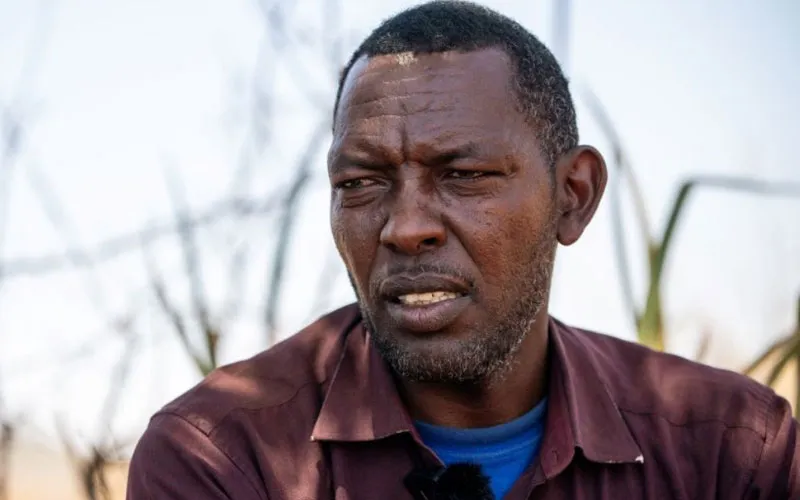Addis Ababa, 04 June, 2022 / 7:15 pm (ACI Africa).
More than 5,000 women and young people in Ethiopia are benefiting from an economic empowerment program spearheaded by Trócaire, the overseas development agency of the Catholic Bishops of Ireland.
In a Monday May 30 report, Trócaire officials are quoted as saying that one of the most affected communities in the horn of Africa country is the Borena zone, which is facing hunger due to prolonged drought resulting from climate change.
In the report, Trócaire officials say that in partnership with other agencies, they have been working with Borena zone residents to “help reduce poverty and improve the economic opportunities of 5,351 women and young people over three years.”
With funding from Jersey Overseas Aid, Trócaire partnered with the Community Initiatives Facilitation and Assistance (CIFA), Catholic Agency for Overseas Development (CAFOD), and the Scottish Catholic International Aid Fund (SCIAF) to help residents in the Ethiopian zone to fence off large areas of pastoral land to allow the grass to grow for future use.
Mr. Guyo, a beneficiary of the program in the zone, told the Catholic entity that three years back, he had 28 cattle, three camels, and 12 goats, which had been reduced down to three cows and one camel due to prolonged drought.








